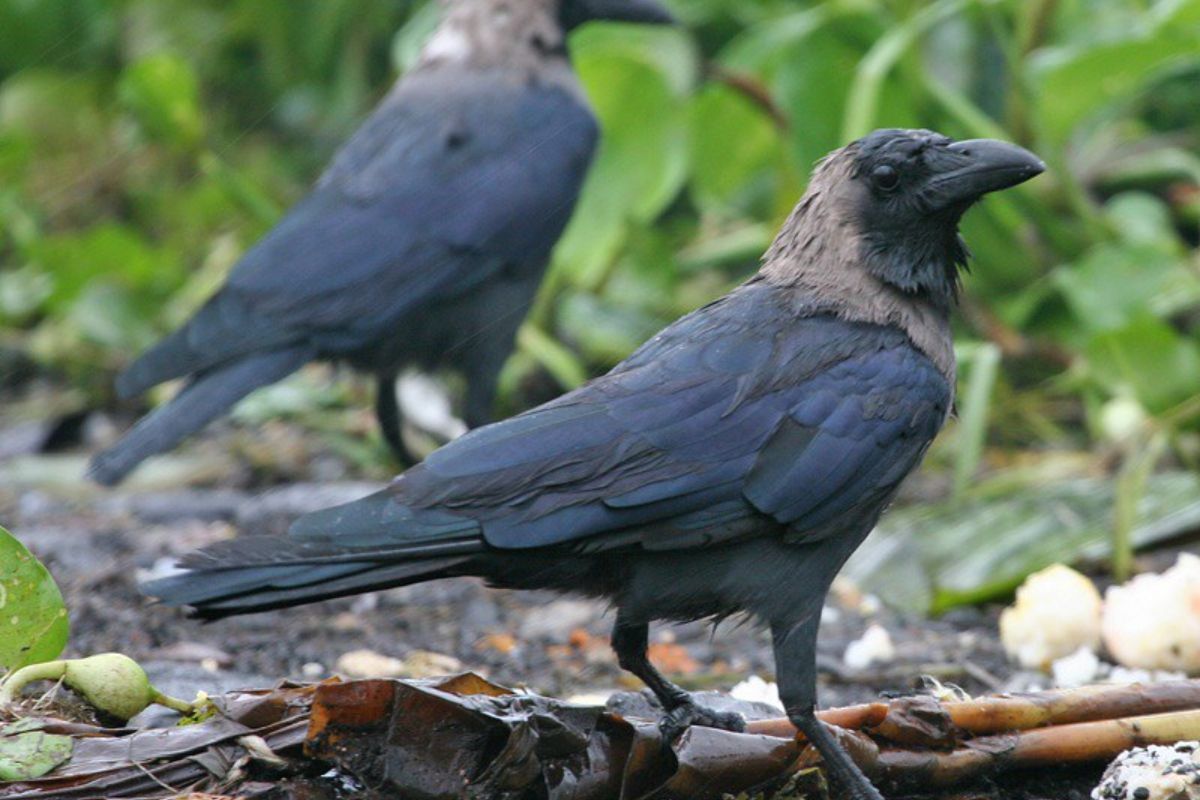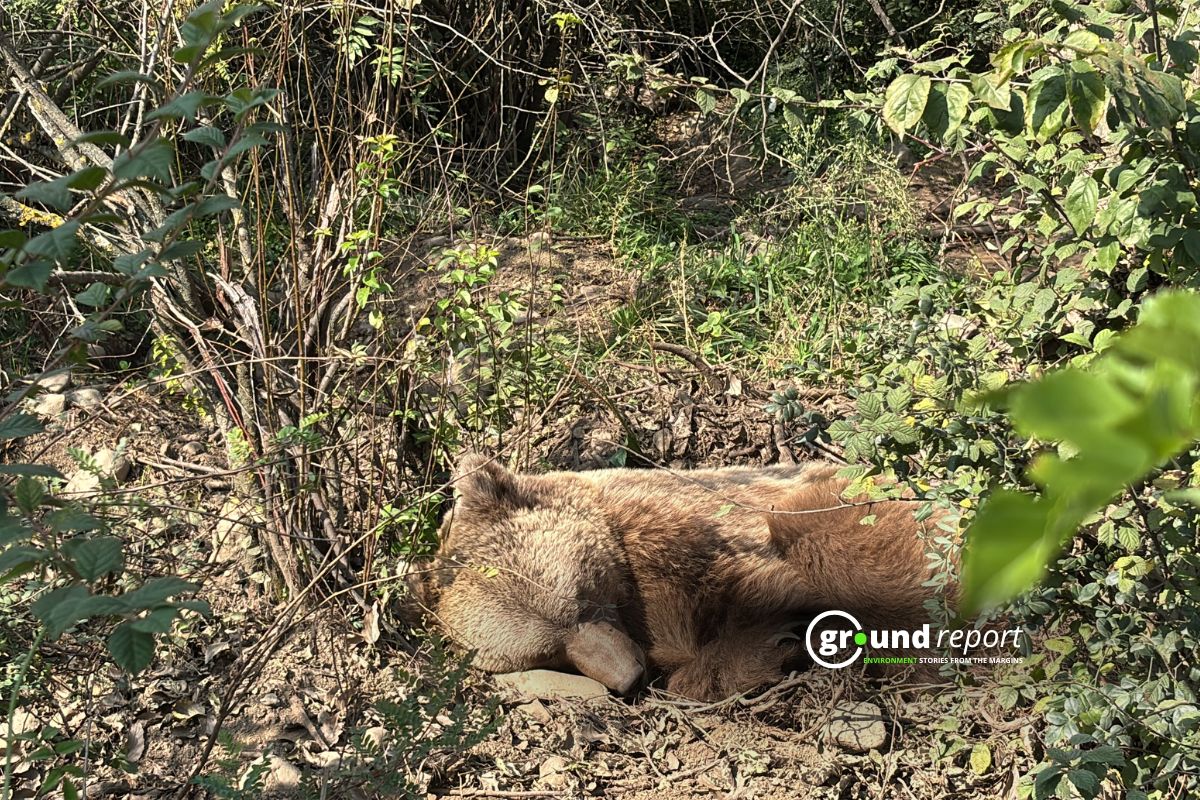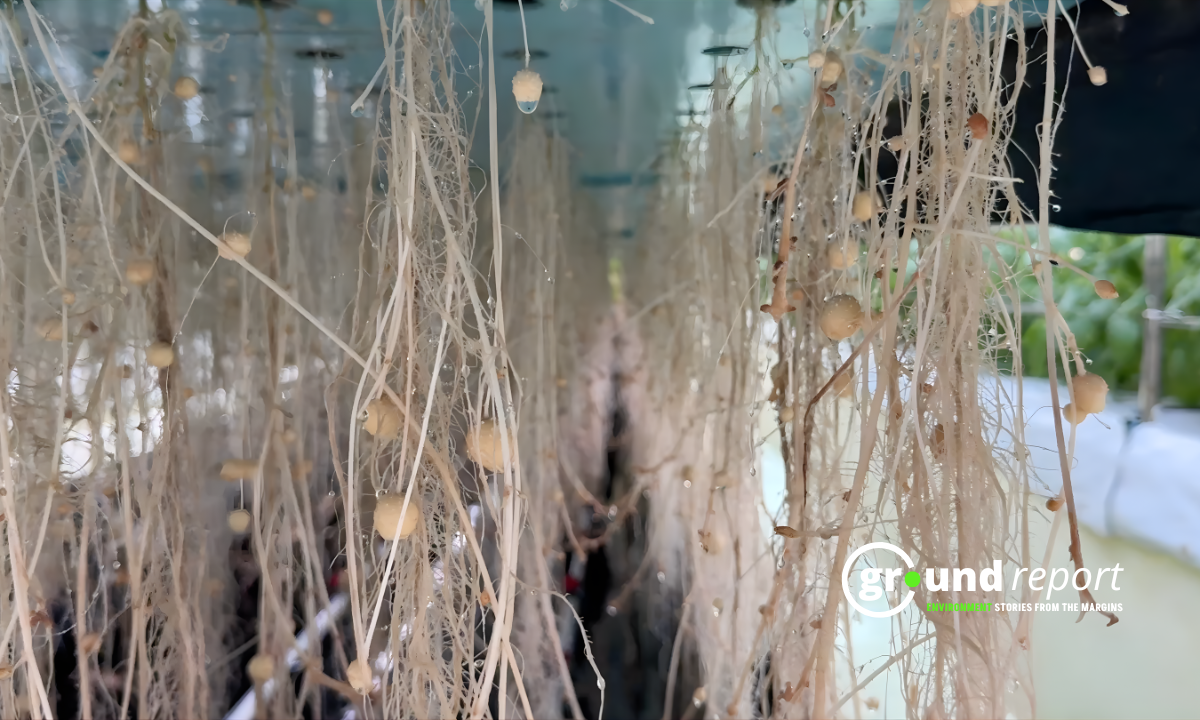The Kenyan government has declared war on an invasive bird species that has wreaked havoc on local ecosystems and economies. In a bold move announced on Saturday, the Kenya Wildlife Service (KWS) aims to eradicate one million house crows from the country’s coastal region by the end of 2024.
The Indian house crow (Corvus splendens), a non-native species believed to have arrived in East Africa around the 1940s, has proliferated, driving indigenous bird populations from their habitats and posing challenges to the tourism industry along Kenya’s coastline.
“Charles Musyoki, Director of Wildlife and Community Service, representing the KWS Director-General, said, “These birds are not a priority for our ecosystem. They are invasive alien birds that have been a nuisance for decades, significantly affecting local bird populations.”
Kenya targets invasive crows population
The house crows, known for their scavenging, have become a menace, preying on endangered local bird species. According to Colin Jackson, a conservationist and bird expert at Rocha Kenya, the Indian species has significantly decreased the population of small indigenous birds along the Kenyan coast by destroying their nests and preying on their eggs and chicks.
When indigenous bird populations decline, the environment deteriorates. Pests and insects proliferate, creating a chain reaction,” Jackson warned. “The crows’ impact extends beyond their direct targets, affecting the entire ecosystem.”
Invasive house crows have severely impacted local bird species like scaly babblers, pied crows, mouse-colored sunbirds, weaver birds, common waxbills, and aquatic bird species.
The crows significantly inconvenience the tourism and hotel industries, vital for foreign exchange earnings. Hoteliers complain about the birds disrupting tourists during meals along the coastline.
“The deadly crows force us to monitor our chicks for a month because they can carry up to 20 in a day,” lamented Mwanjani Runya, a local poultry farmer. “They move in huge numbers and are incredibly intelligent. Some distract the mother hens and ducks, while another group attacks the chicks.”
Adaptable crows demand comprehensive control
The eradication plan aims to employ a multifaceted approach to tackle the invasive species. It was developed with stakeholders from the hotel industry, house crow control veterinarians, conservation organizations, and research institutions.
Previous efforts 20 years ago temporarily reduced the crow population, but their adaptability and association with human settlements require a more comprehensive strategy.
The Kenya Pest Control and Products Board (PCPB) has allowed hoteliers to import licensed poisons. They stated that poisoning is the most efficient way to control the estimated one million monkeys in the Kenyan coastal region.
The KWS is also keen on using mechanical and targeted methods to kill the birds. They acknowledge the need for a balanced approach that minimizes collateral damage to other wildlife and the environment.
Invasive crows threaten endangered species
Conservationists are concerned about the invasive crow population invading protected national reserves and special habitats. The crows could potentially harm rare, unique, or endangered species like the Sokoke scops owl (Otus Araneae).
Dr. Fatuma Adan, a wildlife ecologist at the Wildlife Research and Training Institute, explained, “The house crows pose a significant threat to biodiversity. Their aggressive behavior and adaptability make them a formidable foe in preserving Kenya’s ecological heritage.”
House crows are linked to health risks because they harbor and transmit diseases through their droppings and interactions with human settlements.
While the government’s eradication plan is underway, authorities have urged the public to be cautious and vigilant in their interactions with the invasive crows. Feeding or encouraging their presence in residential areas could worsen the problem and undermine population control efforts.
“We know some may see these birds as harmless or endearing,” said Musyoki. “But their impact on our environment and economies is significant. We urge the public to support us and avoid actions that could help them spread.”
The eradication plan will take years, with regular updates and adjustments based on method effectiveness. The Kenyan government is committed to preserving the country’s natural heritage and safeguarding coastal communities.
As the war against invasive house crows rages on, the fate of Kenya’s coastal ecosystems hangs in the balance, underscoring the urgency of this undertaking and the need for collective action from all stakeholders.
Keep Reading
Part 1: Cloudburst in Ganderbal’s Padabal village & unfulfilled promises
India braces for intense 2024 monsoon amid recent deadly weather trends
Support us to keep independent environmental journalism alive in India.
Follow Ground Report on X, Instagram and Facebook for environmental and underreported stories from the margins. Give us feedback on our email id greport2018@gmail.com.
Don’t forget to Subscribe to our weekly newsletter, Join our community on WhatsApp, and Follow our YouTube Channel for video stories.







